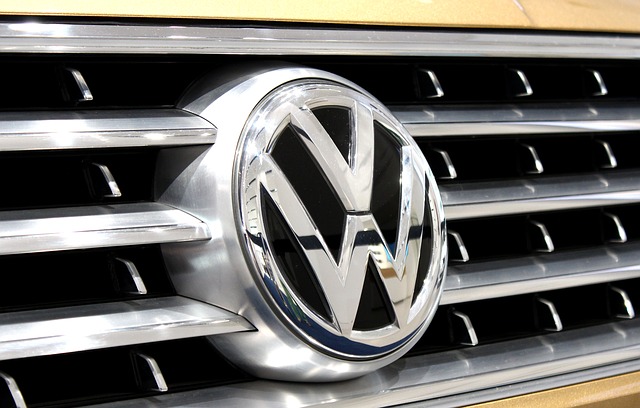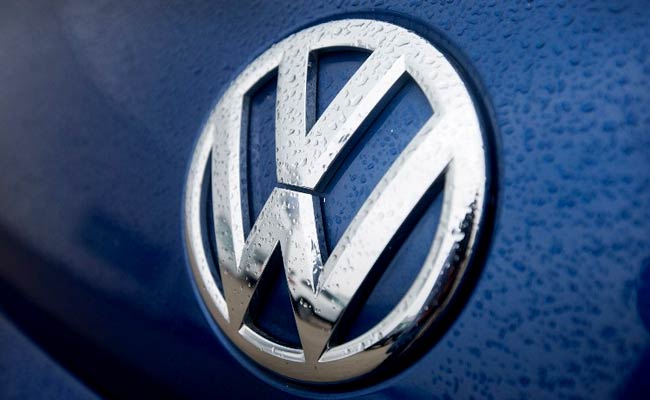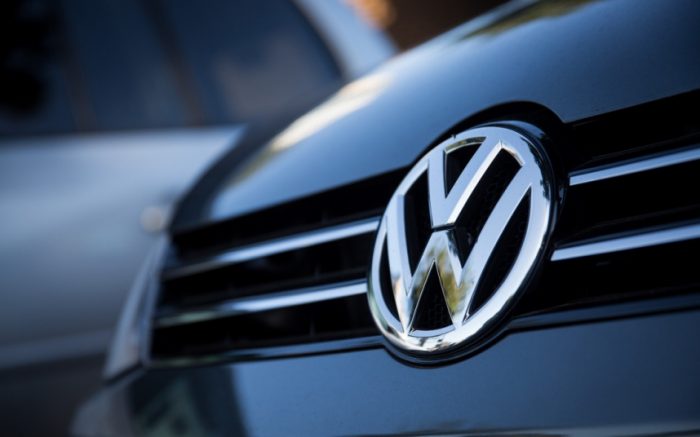Now Reading: Volkswagen Won’t Refund British Customers For Emissions Scandal
-
01
Volkswagen Won’t Refund British Customers For Emissions Scandal
Volkswagen Won’t Refund British Customers For Emissions Scandal

If you’ve been following the news in the last few months, you’re sure to have at least picked up on Volkswagen’s emissions scandal. The claim, which the German manufacturer has since taken responsibility for, is that cars had been fitted illegally. This software is believed to enable their cars to skew the results of mandatory emissions tests.
The alleged breach of law was investigated by the United States Environmental Protection Agency (EPA). Since the scandal was uncovered, shares in Volkswagen have suffered significantly. Experts in the field, however, predict that their market value will double over the next three years as the crisis subsides.
There are fears that there could be a knock-on effect within the industry. With a belief that other brands may also be responsible for the cheating software, market shares have dropped. The device allegedly enabled cars to control emissions differently during test phases than in regular use. This meant that just a small fraction of the nitrogen oxide present during regular driving were noticed in testing. It’s believed that the compound has detrimental effects on respiratory health, let alone the earth.
Last week, the Volkswagen emissions scandal took a turn for the worst. It was revealed that the car manufacturing giant would not be refunding British customers. Across the Atlantic, meanwhile, VW has made a pledge to compensate $1,000 for their blunder. With over eleven million recalls set to take place, it’s a devastating blow for Volkswagen.
It is believed that as many as 1.2 million cars in the United Kingdom are fitted with the tampered software. If you suspect that you may have bought one such car, there is a way to check. Volkswagen has launched multiple websites with which you can check if your car has been affected. You can find the VIN code on the dashboard of the driver’s side, near the windshield. You can then cross reference this code on the website to see if you’ve been affected. If you find that your car does have the cheating software installed, you should look at getting it replaced by a Volkswagen servicing agent.
There has even been a suggestion that Volkswagen knew about the excessive fuel consumption as much as a year ago. Although these claims have yet to be verified, it’s a telling sign about their relationship with fuel efficiency. The scandal is likely to see Volkswagen pay out billions for their part. Executives, however, remain insistent that they were unaware of any breaches.
Back in October, chief executive Michael Horn blamed a handful of rogue engineers for the problem. He insisted it was not a shady business practice on the part of the company. Both petrol and diesel engines (along with the Audi, Seat and Skoda brands) had been fitted with the cheating software. It’s one of the biggest scandals the automobile world has ever seen, with a petition to protect whistleblowers being launched. While the executives of the company are doing their best to investigate, no doubt their reputation has been tarnished.
Stay Informed With the Latest & Most Important News
Previous Post
Next Post
Previous Post
Next Post
-
 01Polestar Boss Says It’s Time To Outrun BMW M And Mercedes-AMG
01Polestar Boss Says It’s Time To Outrun BMW M And Mercedes-AMG -
 02Spy Shots: 2027 Mitsubishi Pajero Spotted in Testing Ahead of Possible U.S. Return
02Spy Shots: 2027 Mitsubishi Pajero Spotted in Testing Ahead of Possible U.S. Return -
 032026 Toyota Hilux EV: A Powerful Truck with Silent Torque
032026 Toyota Hilux EV: A Powerful Truck with Silent Torque -
 04Spy Photos: VW ID. Polo GTI Goes Electric with 223 HP and 280 Miles of Range
04Spy Photos: VW ID. Polo GTI Goes Electric with 223 HP and 280 Miles of Range -
![2027 Mercedes-Benz S-Class Debuts with V8 Engine [Photo Gallery]](https://speedlux.com/wp-content/uploads/2026/01/2027-Mercedes-Benz-S-Class-33-155x125.jpg) 052027 Mercedes-Benz S-Class Debuts with V8 Engine [Photo Gallery]
052027 Mercedes-Benz S-Class Debuts with V8 Engine [Photo Gallery] -
 06The Controversial Ford Voodoo V8 That Was Killed Off Too Early
06The Controversial Ford Voodoo V8 That Was Killed Off Too Early -
 07Hyundai Palisade’s Breakout Year Shows How Quickly the Market Can Turn
07Hyundai Palisade’s Breakout Year Shows How Quickly the Market Can Turn



![2027 Mercedes-Benz S-Class Debuts with V8 Engine [Photo Gallery]](https://speedlux.com/wp-content/uploads/2026/01/2027-Mercedes-Benz-S-Class-33-700x394.jpg)












































